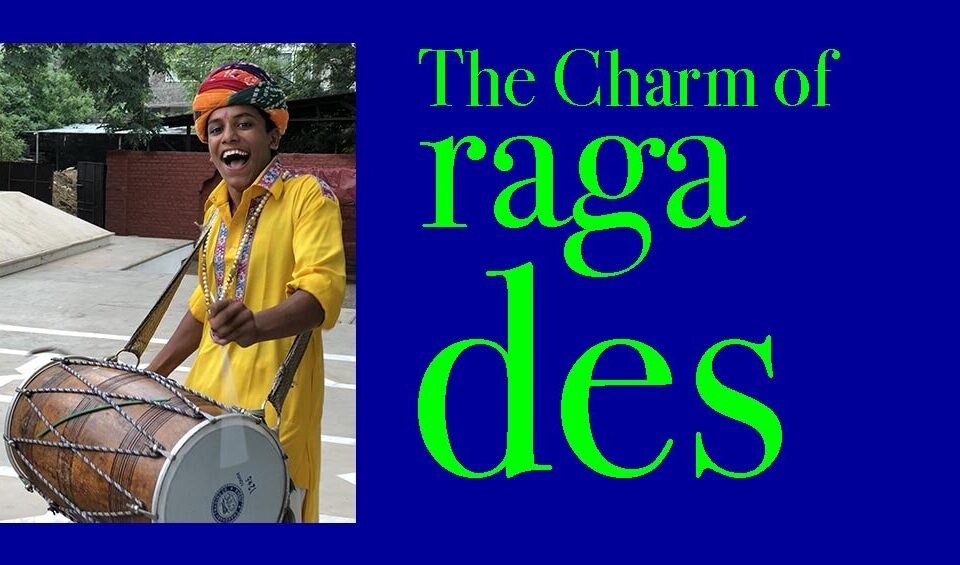What I heard at home as I grew up was almost entirely Hindustani Classical with a limited exposure to a few composers of Western Classical. The radio was our chief source of music. There was of course an old turntable and a large collection of vinyl records that we all heard through the weekend. My father was a classical music buff and if he was home, the radio was on. He would occasionally pull out an old diary and scribble some notes after he heard a piece of music. "I maintain when I have heard what Raga and the name of the artiste", he used to say. "The same raga sung by a different artiste will evoke a different feeling."
Fresh out of Business School, MBA in hand, the taste of toast and mixed fruit jam still fresh in the mouth, when we joined the work place, life was very simple. You came in to work and bust your guts trying to work. We all hoped that the big boss would get impressed with our dedication.
These are tough times and most employers are not even hiring. Wrong. The demand for talented people never drops. Even during recession, the demand for high calibre talent never wavers. During boom times, the good, the bad and the mediocre all get wooed by the employers to counterbalance those leaving the company through the revolving door. In economies which are growing, there is always a need to upgrade talent and the talent scouts are always on the prowl. When the times are demanding, all that changes is that the need to differentiate talent also rises. It is in times like this how you get your foot in the door matters. If a business card summarizes your contact details then your resume is like a print advertisement for your career. So treat your resume as your chance at creating the one page commercial that gives you a high share of the hiring manager's mind.
Abhijit Bhaduri, Human Resources (HR) director of Microsoft India, has chosen to spin his novels around the HR profession rather than any particular industry. A graduate of XLRI, Bhaduri set his first novel, Mediocre But Arrogant, in the ‘Management Institute of Jamshedpur’ , from where his hero graduates to land his first job in HR.His second book, Married But Available is about the protagonist’s early years in Balwanpur Industries, an Indian company that’s been taken over by a multinational. The book is sprinkled with HR gyan and Bhaduri, who has worked with Tata Steel, Colgate and Pepsico, says it gives his characters credibility: “The professional and personal lives of my characters aren’t separate, they’re wholly meshed.”
The euphoria of Oscars in India is still there as a lingering hangover. Everyone is basking in reflected glory - even me. I had predicted two Oscars for AR Rahman in my review of Slumdog Millionaire (see comment dated 8th Feb 09). So there... but the one that takes the cake is the ruling party in India taking credit for the Oscars. I kind of partly support their claim to fame. They are certainly responsible for our slums and the millionaire politicians.
The story of Devdas has become like a format. Rich boy loves poor girl next door but is unsure of himself. Girl marries someone else. Boy meets prosti... errrr Commercial Sex Worker and yet pines for first love while doing a brisk jog on the eight lane highway with big bold signs showing the exits to drugs, booze and Elvis Presley like end. Check out some wild photographic effects depicting what goes on in the mind of a drugged and boozed out Abhay Deol which were shot using a camera that Danny Boyle of Slumdog Millionaire fame loaned to Anurag.
Yes, all the stories are based in Assam. Although now I have lived more than half my life outside Assam, I found when I began to write I returned to the landscape of my childhood, of my origin, as if it were the most natural thing to do. Place, for me, is a powerful influence; it shapes and moulds a person in a way at once subtle yet all pervading. The landscape of Assam is for me the landscape of affection, of memories; against its wide sweep of misty blue hills and majestic river most of my family’s lives (and mine) have played out and that is where I wanted to set my stories.
"What do you see yourself doing five years from now?" I remember being asked this question when I was a fresh MBA. When I was applying for a role to head Human Resources for an advertsing agency a few years back the question popped up again. I suspect it is not the last time I have been asked that question.Why is this question asked? There could be many different reasons.
Dil Chahata Hai changed everything. The movie not only proved that Aamir Khan-with the right haircut and the facial hair-can believably pass for a 25-something, but also that the young in their eccentricity have their own vocabulary. The DCH moment opened up doors for writers and film directors to finally use personal experiences to tell India's urban story.









